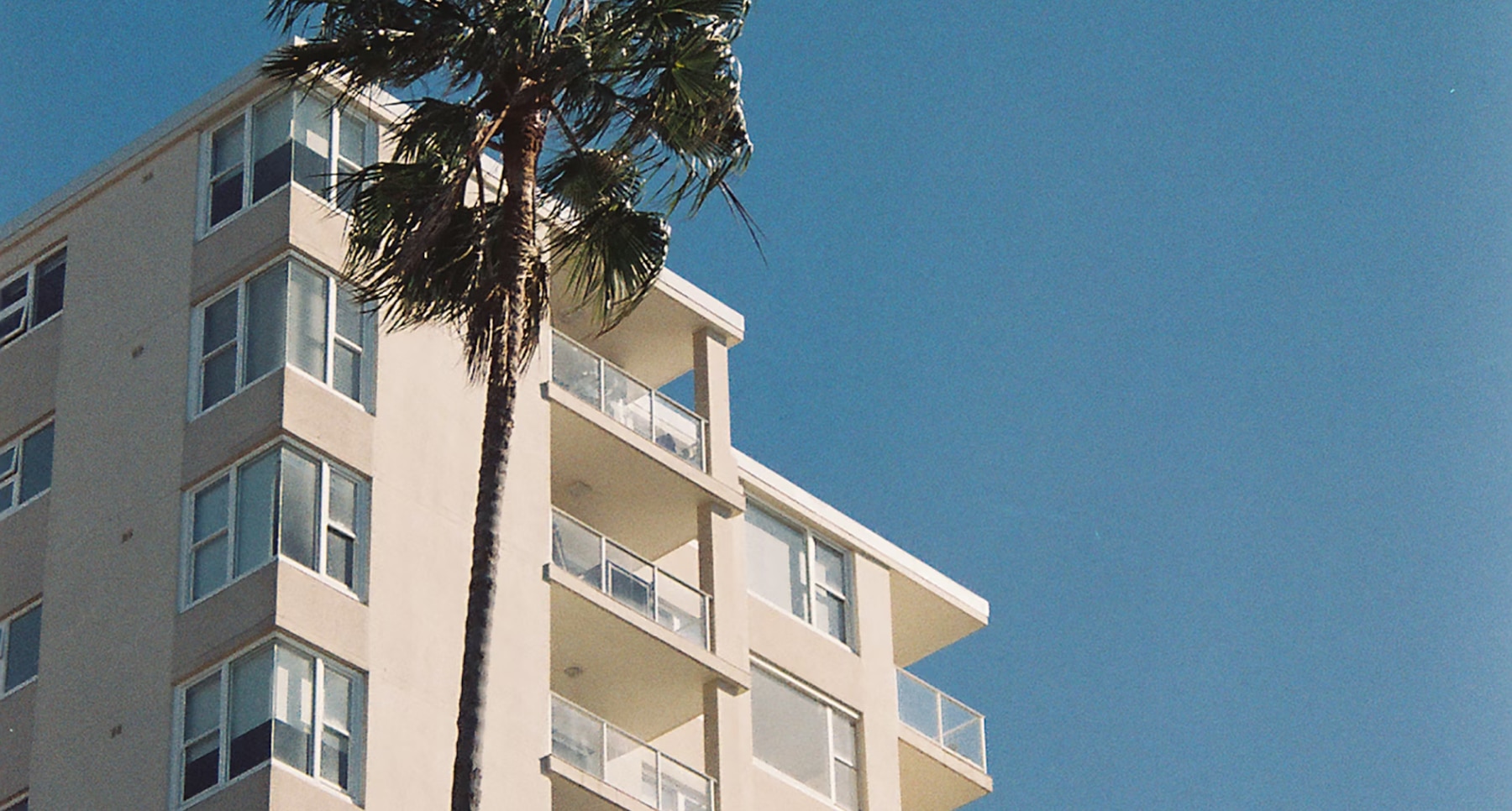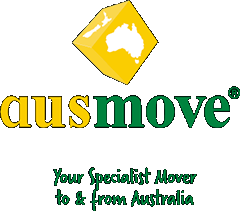If you’re put off by the general hype, huge populations and housing prices of Sydney and Melbourne, let’s introduce you to Australia’s third largest city: Brisbane. It’s a place that enjoys picturesque weather, fantastic beaches and liveliness without being too hectic. Brisbane’s population is less than half of Sydney or Melbourne’s, sitting at a comfortable 2.3 million.
So, if you’re already a little curious, let’s delve deeper. Here are five top reasons to move to Brisbane.
1) Weather
Queensland is known as Australia’s ‘Sunshine State’, and Brisbane is its capital. On average, Brisbane gets 250 days of perfect sunshine per year. This means your jumpers and jackets will basically be sitting in your wardrobe, collecting dust. The coldest month is July which has an average temperature high of 21 degrees Celsius… can you even call that ‘winter’? Brisbane is the place for you if you want more Vitamin D in your life.
2) Close-by to world famous beaches
Brisbane is surrounded by world famous beaches. About an hour south by car, you’ve got the Gold Coast, known for its most popular beach, Surfers Paradise, and the best theme parks in Australia, including Wet ‘N’ Wild World. The Gold Coast is the place where action and excitement is a part of everyday life. Then, if you drive a little over an hour north, you’ve got the Sunshine Coast. This is the home of famous beaches Noosa and Mooloolaba, and it’s known for its super chilled atmosphere.
3) Affordable housing
Renting and buying property in Brisbane is bound to save you tons of cash, compared to living in Sydney or Melbourne. Brisbane’s housing market doesn’t have the same jaw-dropping, wallet-emptying prices, making it a lot easier to find something you love, somewhere you love in Brisbane. This makes it an ideal city for families and students alike.
4) Job market
Brisbane has a great job market with strong sectors in education, agriculture, mining, tourism and hospitality. Blue collar work like construction and trades is another area where finding a job is easy; as one of Australia’s fastest-growing cities, there’s plenty of work to be done!
5) Liveliness
Brisbane is home to some of the best nightlife, and day-life, in Australia. Vibrant, hip areas like Fortitude Valley and West End are known for their stunning range of cuisines, cute cafes, trendy bars and awesome nightlife. The city as a whole is pumping, and a testament to this is its hosting of the Olympic Games in 2032.
Brisbane, Brissy, Brisvegas… whatever you want to call it, it’s an awesome place to live. Ausmove can help you pack up and head for the Sunshine State. They’re New Zealand’s best team of movers and packers, being logistical experts when it comes to relocating to Australia. Get in touch with Ausmove and start your new Brisbane life today. Request a free quote online.






